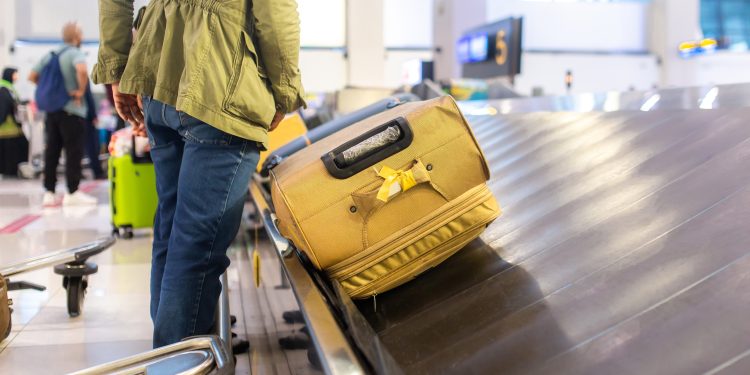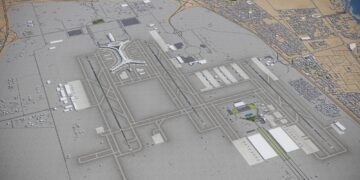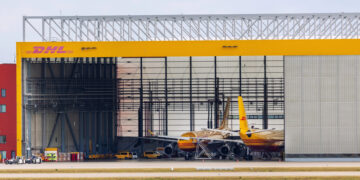As the aviation industry continues to advance, the adoption of state-of-the-art technologies is playing a pivotal role in refining airport logistics and improving the travel experience for passengers. Javed Malik, the Managing Partner of Ink Arabia, leverages his extensive background with over three decades in executive aviation roles to spearhead transformative solutions that enhance airport efficiency and security.
In a detailed interview, Malik delves into the integration of cloud-based and biometric systems within airport operations. His visionary outlook sheds light on how these technological developments are reshaping the industry, particularly in the Saudi Arabian context where Ink Arabia is actively contributing to market growth.
Employing cloud-integrated and biometric systems is revolutionizing airport operations by diminishing touchpoints and boosting efficiency. Malik explains the advantages, saying, Cloud-based and biometrically-enabled departure control systems lessen the reliance on traditional check-in methods, streamlining the transit process for travelers and making it swifter and more convenient.
These innovations not only optimize resource deployment by reducing the need for staff at check-in counters but also enhance the travel experience, especially for passengers with special needs. Biometrics allows for quicker processing and offers more attention to those requiring assistance. Malik underscores, It leads to improved utilization of airport facilities, enabling passengers to spend more time in retail spaces or reach their gates promptly, which in turn facilitates a higher turnover of flights and bolsters operational efficacy.
Mobile and self-service technologies have transformed the passenger experience in airports, cutting down wait times and amplifying efficiency. Malik cites instances such as the biometric solutions in Dubai and Bangalore airports, and AirAsia’s FACES program, where the implementation has expedited the processing of passengers, thus enhancing productivity and capacity.
However, integrating such sophisticated systems within established airport infrastructures is not without its challenges. Malik pinpoints the main obstacle as the coordination with airline departure control systems, a multifaceted undertaking that demands substantial time and effort from airlines. The certification process across numerous airports further compounds this complexity.
Although the initial investment in these advanced technologies can be considerable, the long-term financial and operational gains can be substantial. Malik discusses how the costs can be offset, noting savings from reduced hardware needs and operating expenses, as well as the potential to repurpose freed space for revenue-generating activities. The shift towards subscription-based models also helps in spreading out the capital expenditure, making it easier to demonstrate the returns to stakeholders.
When it comes to airport security, advanced biometric systems stand out as a critical enhancement. Malik emphasizes their role in strengthening security by allowing for pre-clearance checks and reducing the margin for human error and manipulation. These systems ensure that individuals who require additional scrutiny are efficiently identified and directed to the relevant authorities.
Under Malik’s guidance, Ink Arabia is not just improving operational efficiency but is also significantly enriching passenger experiences. Embracing these modern solutions positions airports to stay competitive and prepared for the future, fostering a more efficient and secure aviation landscape.









